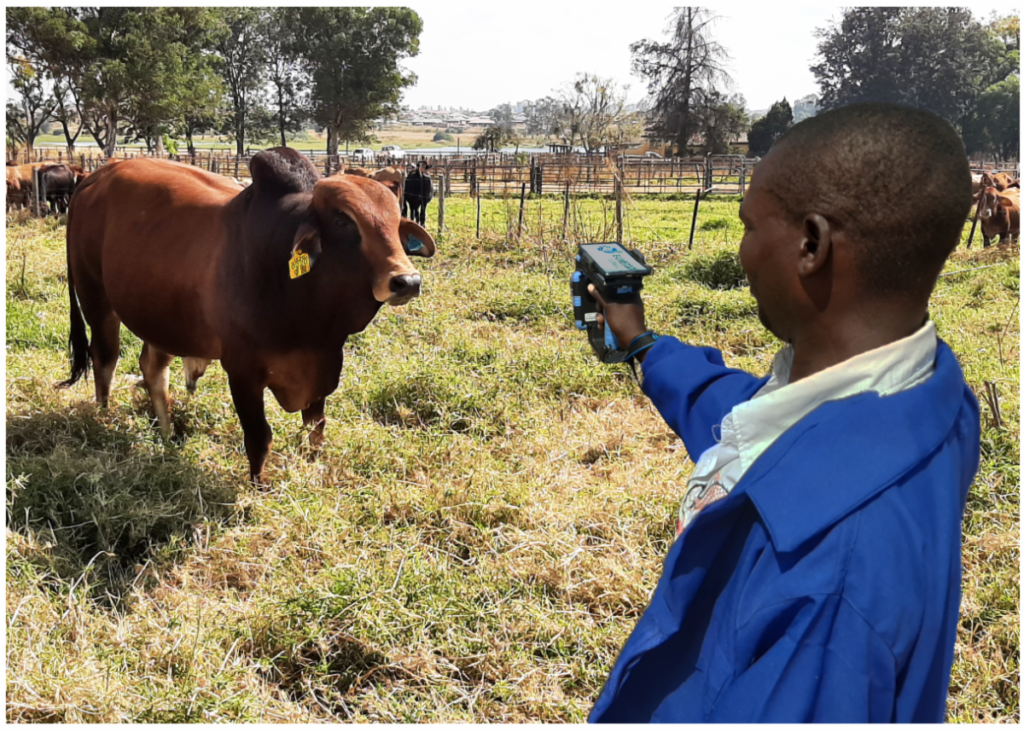By Gbenga Akinfenwa
Community leaders in Akwa Ibom State have applauded the new model of agric entrepreneurship, fashioned along the incubator-incubatee system, considered as the best way to stimulate food security, by increasing food production in the Niger Delta region.
According to the model, experts in a particular agric value chain are contracted to train young persons and women, including persons with disabilities (PWD), in a specialised area of agribusiness in the rural areas.
The project, anchored by a special purpose vehicle named – Livelihood Improvement Family Enterprises – Niger Delta (LIFE-ND), endorsed by community leaders in state, is considered as the most suitable in the oil-rich state.
They made the commendation during the sensitisation and identification of potential (trainers) incubators and incubatees (trainees) of the project, held in the communities.
The Chairman of Ikot Akpa village council, Chief Friday Johnson, described the programme to journalists as a laudable initiative by the Federal Government, aimed at addressing food insecurity in the country.
He expressed the hope that the Incubators/Incubatees model would boost local economy and enhance the living standard of the rural dwellers.
“I so much like this initiative and I thank God that this kind of thing is happening in our community for the first time. Our prayer is that God will bless the administration that brought this initiative. If it is sustained, the rural community members are going to benefit greatly.
“The way it works is that people will be selected for training and when they come back, they will train other members of our community.”
The youth leader of the community, Akaniyere James, expressed confidence that the programme would revolutionise the local economy of the affected communities.
According to him: “The people of Ikot Akpa need development and we believe this programme will bring the needed development to our community. The incubator/Incubatees model will boost the rural economy.”
They also expressed gratitude to President Bola Tinubu in the area of tackling food security challenges and boosting local economy in the country, expressing confidence that the Federal Government of Nigeria/Niger Delta Development Commission/ International Fund for Agricultural Development (FGN/NDDC/IFAD) assisted (LIFE-ND Project would transform the economy and promote sustainable livelihood of the rural dwellers.
It was revealed that over $90m fund is being injected into the Niger Delta’s agricultural sector by the NDDC in collaboration with IFAD.
A community leader at Ui Ikot Monte, Mr Bassey Okon, commended the Federal Government’s initiative and promised to mobilise his subjects for support, in order to derive maximum benefit from the programme.
The consultant to LIFE-ND, Dr Uwem Clement, had, during the sensitisation exercise, urged the people to key into the programme, as it would enhance their livelihoods.
He explained that the project was designed such that beneficiaries’ engagement begins with sensitisation of the community members and leaders, as well as identification of potential (trainers) incubators and incubatees (trainees) within the participating communities and local councils.
“The overall goal of the LIFE-ND project is to realise a transformed rural economy in the Niger Delta from which the rural population can derive prosperity and equal benefit. The project development objective is to enhance income, food security, and job creation for rural youth and women through agri-enterprise development on a sustainable basis in the region.
“The Project has two main components – enhancement of economic opportunities for rural youth/women and project management and coordination,” he said.
He explained further that the project came into force on February 21, 2019, with the Federal Ministry Agriculture and Food Security (FMAFS) as the lead implementation agency, while the NDDC is the implementing partner to the FMAFS.
According to him, the targeted number of beneficiaries for the nine Niger Delta states of Abia, Akwa Ibom, Bayelsa, Cross River, Delta Edo, Imo, Ondo and Rivers is 38,250 beneficiaries. He added that IFAD is responsible for funding six states while NDDC is responsible for three states of Akwa Ibom, Imo, and Rivers.
Uwem added: “The LIFE-ND project is planned with a six-year implementation period and another six-year financing gap, making it a total of 12 years project cycle.
“The project has both a first phase of six years, with parallel finance from NDDC and an additional six years to be financed in the future by IFAD with an additional financing.
For the first phase, IFAD has released $60m, which has enabled the implementation of the project in the six states of Abia, Bayelsa, Cross River, Delta, Edo and Ondo from 2019 to 2025.
“The NDDC funded states commenced implementation in 2024 when NDDC made the initial commitment of $2.5m in August, 2024 and another $2.5m in January 2025 to enable the three states of Akwa Ibom, Imo, and Rivers swing into full implementation.”
He said these releases were part of the $30m the NDDC pledged at the inception for the three states to impact lives through agri-entrepreneurship empowerment. “This fund is programmed to be released in tranches as the years progress.”
The orientation exercise of the project was flagged off in 2024 where the first batch of the 4,250 agripreneurs has started their training.






